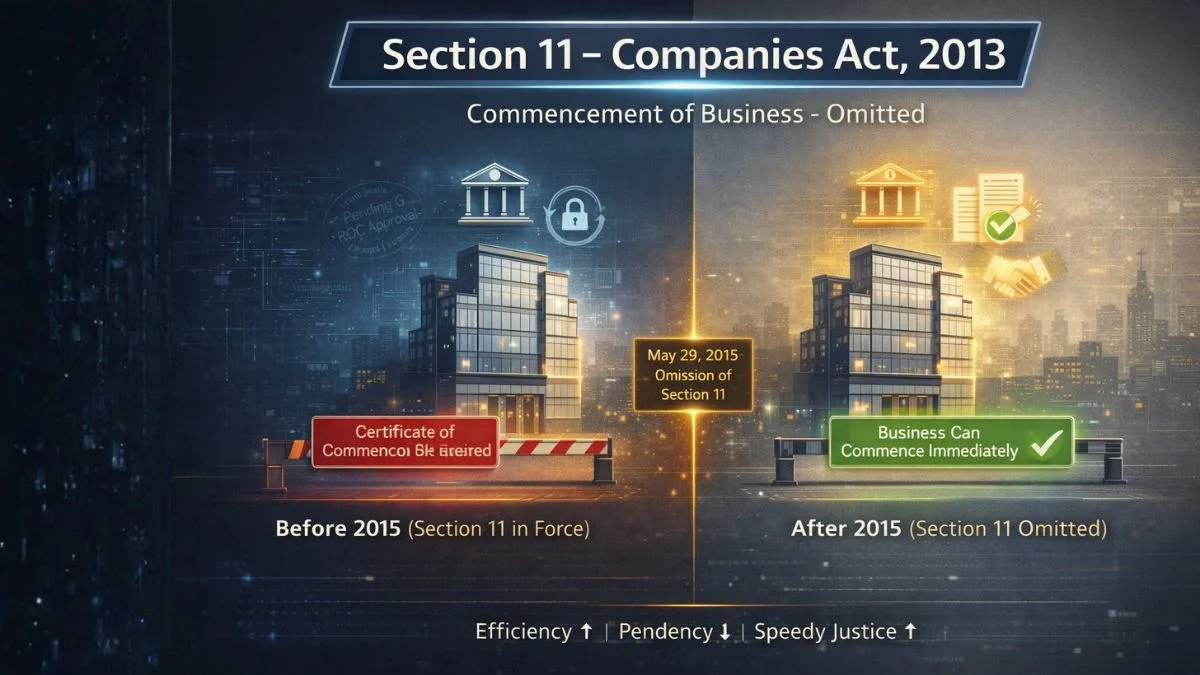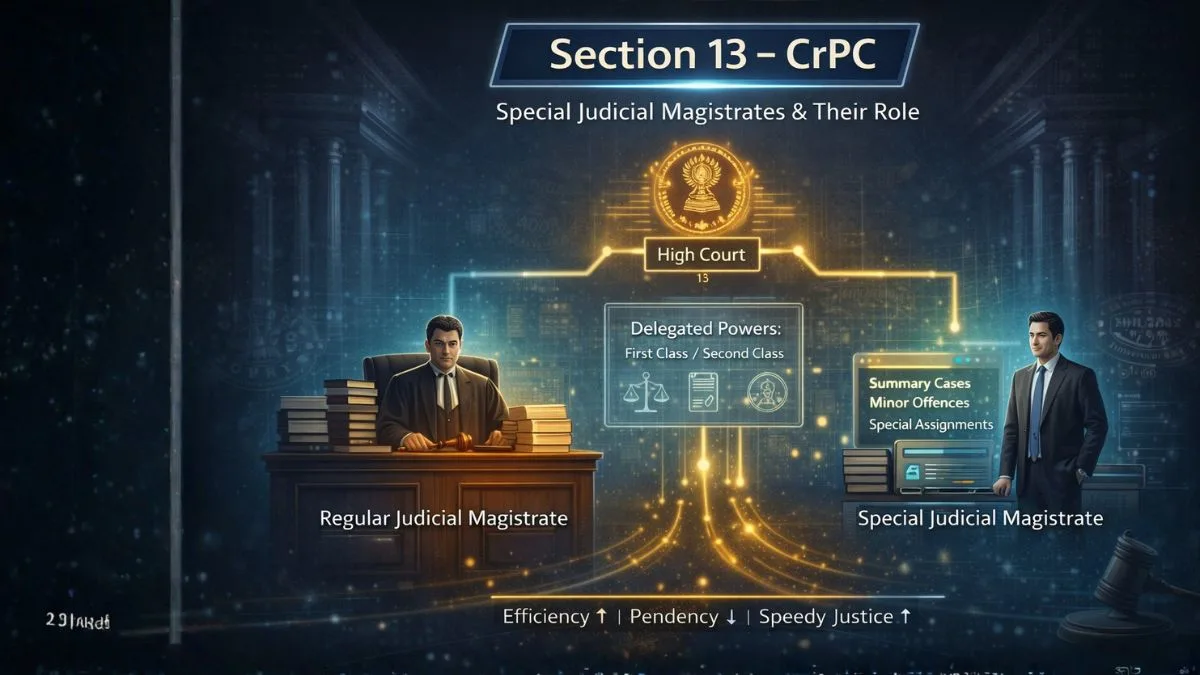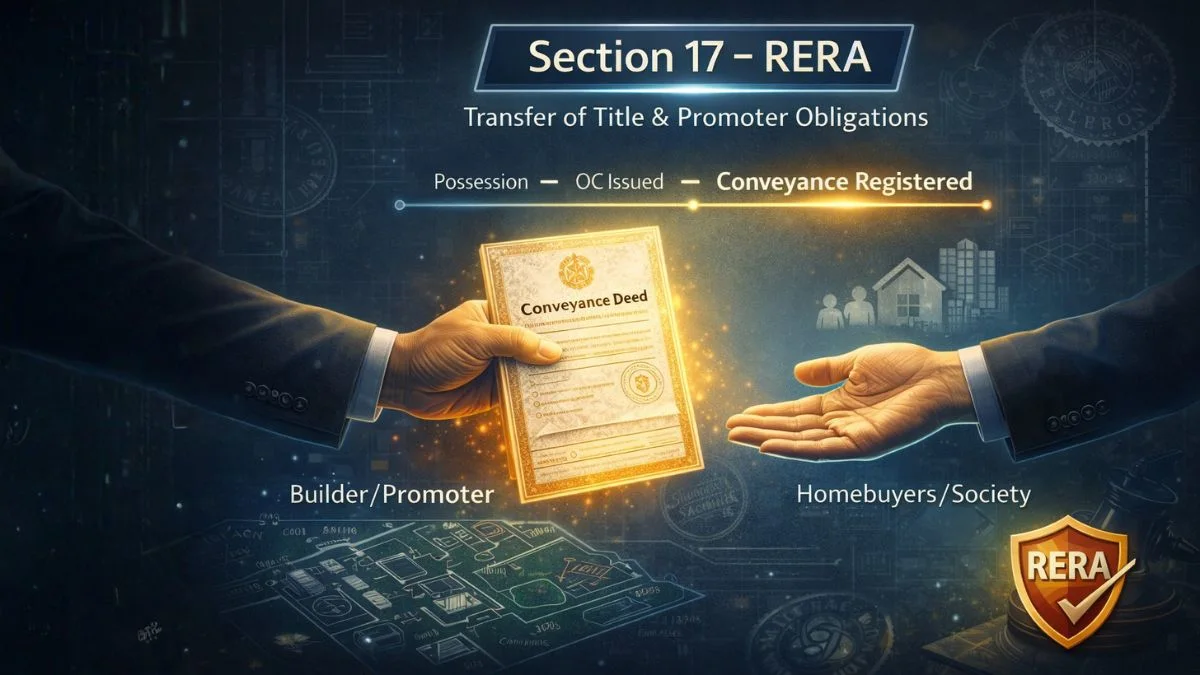
Which Tax Regime is Better for ₹13 Lakhs Income?
Old vs New Tax Regime Comparison for FY 2024–25 | AY 2025–26
With both the old and new income tax regimes available in India, taxpayers earning around ₹13,00,000 often face a common dilemma:
"Which tax regime should I choose if my annual income is ₹13 lakhs?"
Choosing the right tax regime can make a big difference in how much tax you pay. The answer depends on your salary structure and how many deductions and exemptions you can claim.
Let’s simplify this for you.
✅ Key Features of Each Tax Regime
🔹 Old Regime
• Higher tax rates
• Allows popular deductions and exemptions:
o Section 80C (₹1.5L for PF, LIC, ELSS, etc.)
o Section 80D (medical insurance)
o HRA, LTA, education loan, home loan interest
🔹 New Regime
• Lower tax rates
• No major deductions except:
o Standard deduction (₹50,000)
o Employer NPS contribution (80CCD(2))
o Agniveer Corpus contribution (80CCH)
📊 New Tax Regime Slabs for FY 2024–25
| Income Range (₹) | Tax Rate |
| 0 – 3,00,000 | Nil |
| 3,00,001 – 6,00,000 | 5% |
| 6,00,001 – 9,00,000 | 10% |
| 9,00,001 – 12,00,000 | 15% |
| 12,00,001 – 15,00,000 | 20% |
| Above 15,00,000 | 30% |
💡 Note: ₹50,000 standard deduction is now available in both regimes.
🧮 Tax Calculation for ₹13 Lakhs – Example Comparison
Let’s assume the following deductions under the old regime:
• 80C (LIC, ELSS, PPF): ₹1,50,000
• 80D (health insurance): ₹25,000
• HRA exemption: ₹1,00,000
• Standard Deduction: ₹50,000
➡️ Total deductions = ₹3,25,000
🔹 Old Regime:
• Gross Income = ₹13,00,000
• Less Deductions = ₹3,25,000
• Taxable Income = ₹9,75,000
Tax Calculation:
• ₹2.5L – ₹5L @ 5% = ₹12,500
• ₹5L – ₹10L @ 20% = ₹95,000
• Total = ₹1,07,500 4% cess = ₹1,11,800 approx.
🔹 New Regime:
• ₹50,000 standard deduction only
• Taxable Income = ₹12,50,000
Tax Calculation:
• ₹0 – ₹3L = Nil
• ₹3L – ₹6L @ 5% = ₹15,000
• ₹6L – ₹9L @ 10% = ₹30,000
• ₹9L – ₹12L @ 15% = ₹45,000
• ₹12L – ₹12.5L @ 20% = ₹10,000
• Total = ₹1,00,000 4% cess = ₹1,04,000
✅ Which One is Better?
| Criteria | Old Regime | New Regime |
| Gross Income | ₹13,00,000 | ₹13,00,000 |
| Deductions Claimed | ₹3,25,000 | ₹50,000 |
| Tax Payable (approx.) | ₹1,11,800 | ₹1,04,000 |
➡️ New Regime saves ~₹7,800 in this case.
BUT…
If you claim additional deductions like home loan interest (₹2L under Section 24), your old regime tax can come down drastically and outperform the new regime.
🧠 Final Recommendation
• If your total deductions are above ₹2.5–₹3 lakh, the old regime may offer more savings.
• If you don’t invest or cannot claim major deductions, the new regime is simpler and more cost-effective.
✅ Final Words
For ₹13 lakh income, the new regime offers slight savings if your deductions are minimal, but the old regime is better if you actively invest and claim housing or health-related benefits.
Always compare using an income tax calculator before filing.







